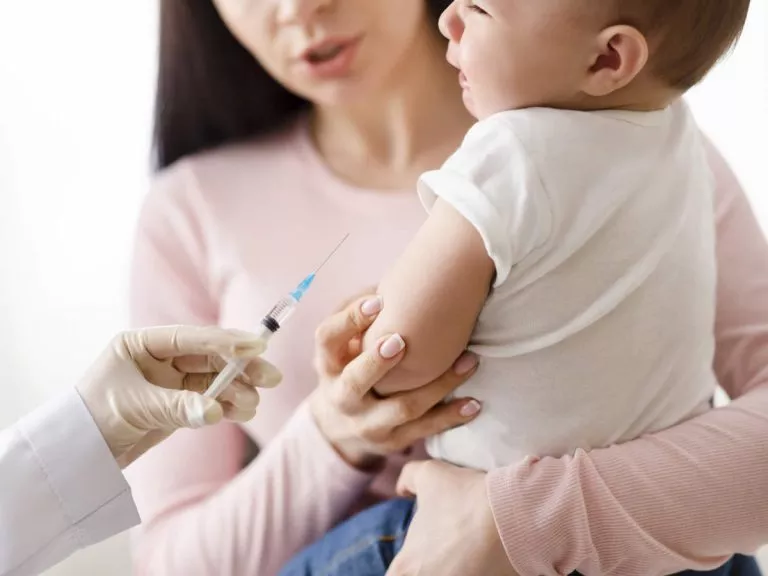by Will Jones, Daily Sceptic:

Pfizer’s Covid vaccine has been authorised in the U.K. for infants aged six months to four years-old, the medicines regulator confirmed today. The Mail has more.
Covid vaccines were today approved for babies in Britain, in a move likely to spark huge controversy. Regulators gave the green light for all infants older than six months to get a special, low-dose formulation of Pfizer’s jab.
Its decision opens the door for No. 10’s vaccine advisers to choose whether under-5s should be jabbed as part of the U.K.’s vaccination strategy.
TRUTH LIVES on at https://sgtreport.tv/
Authorities have so far held out on recommending jabs for infants due to concerns that the benefits don’t outweigh any potential risks. Children rarely get seriously ill with the coronavirus, and the majority are thought to have already been infected.
The Medicines and Healthcare products Regulatory Agency (MHRA), which polices the safety of drugs used in the U.K., made the decision after reviewing data from an ongoing trial.
More than 4,500 infants were given a small 3 microgram dose of the vaccine. For comparison, adults in Britain get a dose 10 times stronger. Older children, who are already allowed to be vaccinated in the UK, get given a dose of up to 10 micrograms.
Lower doses are given to children to avoid complications, such as myocarditis – the rare condition that spooked health chiefs early on in the pandemic.
The jab is given as three injections in the upper arm, with the first two doses given three weeks apart. A third dose is administered at least two months after the second.
The MHRA said the jab triggered common side effects “in-keeping with what can be anticipated from a vaccine in this age group”.
The Commission on Human Medicines – a committee within the MHRA – endorsed approving the vaccine, after reviewing the evidence.
A separate Government group, the Joint Committee on Vaccination and Immunisation, will decide under what circumstances it is dished out.
This could include a list of specific conditions that make children vulnerable to Covid, such as type 1 diabetes or sickle cell disease.
Covid vaccines for children in Briton have so far been incredibly unpopular.
The latest Government data on vaccine uptake shows only 6% of people aged between five to 11 in England have had two doses of a Covid vaccine.
Scores of countries, including the US, China and Israel, already offer vaccines to kids under five, despite huge backlash over the moves. U.S. officials rolled out this version of Pfizer’s shot for the same age group earlier this year. And EU regulators also endorsed the use of Covid vaccines made by Pfizer and Moderna for under-5s.
This is madness, obviously, and it is a relief to hear that the JCVI is not likely to follow through on the MHRA’s approval, and also that children’s Covid vaccines are proving so unpopular. The Covid mortality rate in under-20s is one in 300,000, according to the latest studies, and will be lower still in under-5s. Furthermore, that figure includes those with underlying conditions, and the mortality rate in healthy infants will be even lower – basically zero. Up to June 2021, just four children in the U.K. and Ireland aged under 11 had died with Covid; most children who died (nine out of 11 – seven older children also died) had pre-existing conditions. This is not a disease for which children need a vaccine, and certainly not an experimental vaccine with a lamentable safety profile.
On the other hand, the one small mercy is that the dose approved is 3 μg – in the study which found nearly one in 500 small children hospitalised with a serious adverse reaction to the Pfizer vaccine, all of the serious reactions were in the higher dose cohorts. That means that at this lower dosage the current evidence (albeit in a study with a relatively small sample) is that it is not as dangerous as at higher dosages. However, that study only followed up after the first dose. The MHRA approval is for three doses, and the cumulative impact is unknown.



